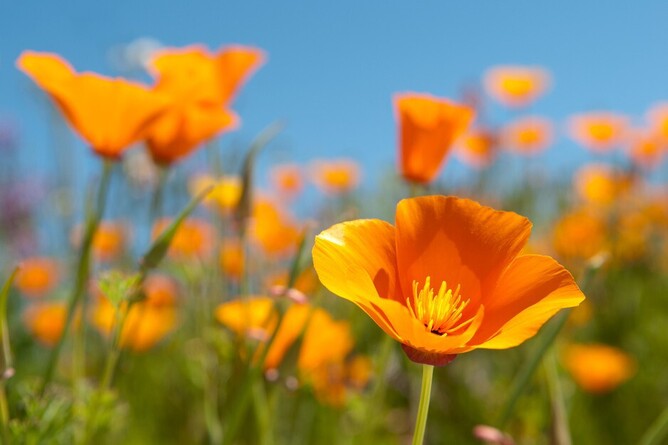The Healing Power of Plants
From ancient civilizations to modern times, plants have been revered for their medicinal properties. The saying, "For every human illness, there exists a plant that cures," resonates across cultures and epochs. This profound connection between humans and plants forms the foundation of herbal medicine, a practice that continues to thrive in our contemporary world. Let's delve into the rich tapestry of botanical remedies and explore the healing potential of nature's pharmacy.
The Wisdom of Traditional Medicine:
For millennia, indigenous cultures around the globe have relied on plants to treat a myriad of ailments. Traditional healers, often referred to as shamans or medicine men/women, possess a deep understanding of local flora and their therapeutic properties. From the rainforests of the Amazon to the savannas of Africa, traditional medicine systems offer a holistic approach to healing, addressing not only physical symptoms but also spiritual and emotional well-being.
Examples abound of plants that have been used for centuries in traditional medicine. Take, for instance, the ubiquitous aloe vera, renowned for its soothing properties and used by ancient Egyptians to treat burns and wounds. In China, ginseng has been treasured for its adaptogenic qualities, believed to enhance vitality and longevity. And in India, the neem tree holds a sacred place in Ayurveda, offering remedies for everything from skin conditions to diabetes.
The Science Behind Herbal Medicine:
While traditional wisdom serves as a valuable guide, modern science has also shed light on the pharmacological mechanisms of plant-based remedies. The field of ethnopharmacology explores the bioactive compounds found in plants and their potential therapeutic applications. Through rigorous scientific inquiry, researchers have uncovered the medicinal properties of numerous botanicals, paving the way for evidence-based herbal medicine.
One example of a plant-derived compound with significant medical potential is artemisinin, extracted from the sweet wormwood plant. This compound revolutionized the treatment of malaria, saving millions of lives worldwide. Similarly, the active ingredient in aspirin, salicylic acid, was originally derived from willow bark, a testament to the enduring relevance of plant-based medicine in the modern era.
Exploring Plant Diversity:
The sheer diversity of plant species on our planet offers a treasure trove of potential remedies waiting to be discovered. Ethnobotanists, herbalists, and pharmaceutical researchers continue to explore remote regions and untapped ecosystems in search of novel plant compounds with therapeutic properties. The Amazon rainforest alone is estimated to harbor thousands of plant species with medicinal potential, many of which have yet to be studied by Western science.
However, the preservation of biodiversity is crucial for the future of herbal medicine. Habitat destruction, climate change, and unsustainable harvesting practices pose significant threats to plant populations worldwide. Conservation efforts must be coupled with responsible stewardship to ensure the continued availability of medicinal plants for generations to come.
Integrating Traditional and Modern Medicine:
In an era marked by technological advancement and specialization, there is a growing recognition of the value of integrating traditional and modern approaches to healthcare. Complementary and alternative medicine (CAM) modalities, including herbal medicine, acupuncture, and mindfulness-based practices, are gaining popularity as people seek holistic solutions to their health concerns.
Moreover, collaborative efforts between traditional healers and conventional medical practitioners hold promise for improving healthcare outcomes, particularly in underserved communities where access to Western medicine may be limited. By embracing a pluralistic approach to healthcare, we can harness the collective wisdom of diverse healing traditions for the benefit of all.
The aphorism, "For every human illness, there exists a plant that cures," serves as a poignant reminder of humanity's enduring relationship with the natural world. As we navigate the complexities of modern healthcare, let us not forget the healing potential of plants that have been revered by our ancestors for millennia. By honoring traditional wisdom, embracing scientific inquiry, and fostering biodiversity conservation, we can tap into nature's pharmacy to promote health and well-being for ourselves and future generations.


